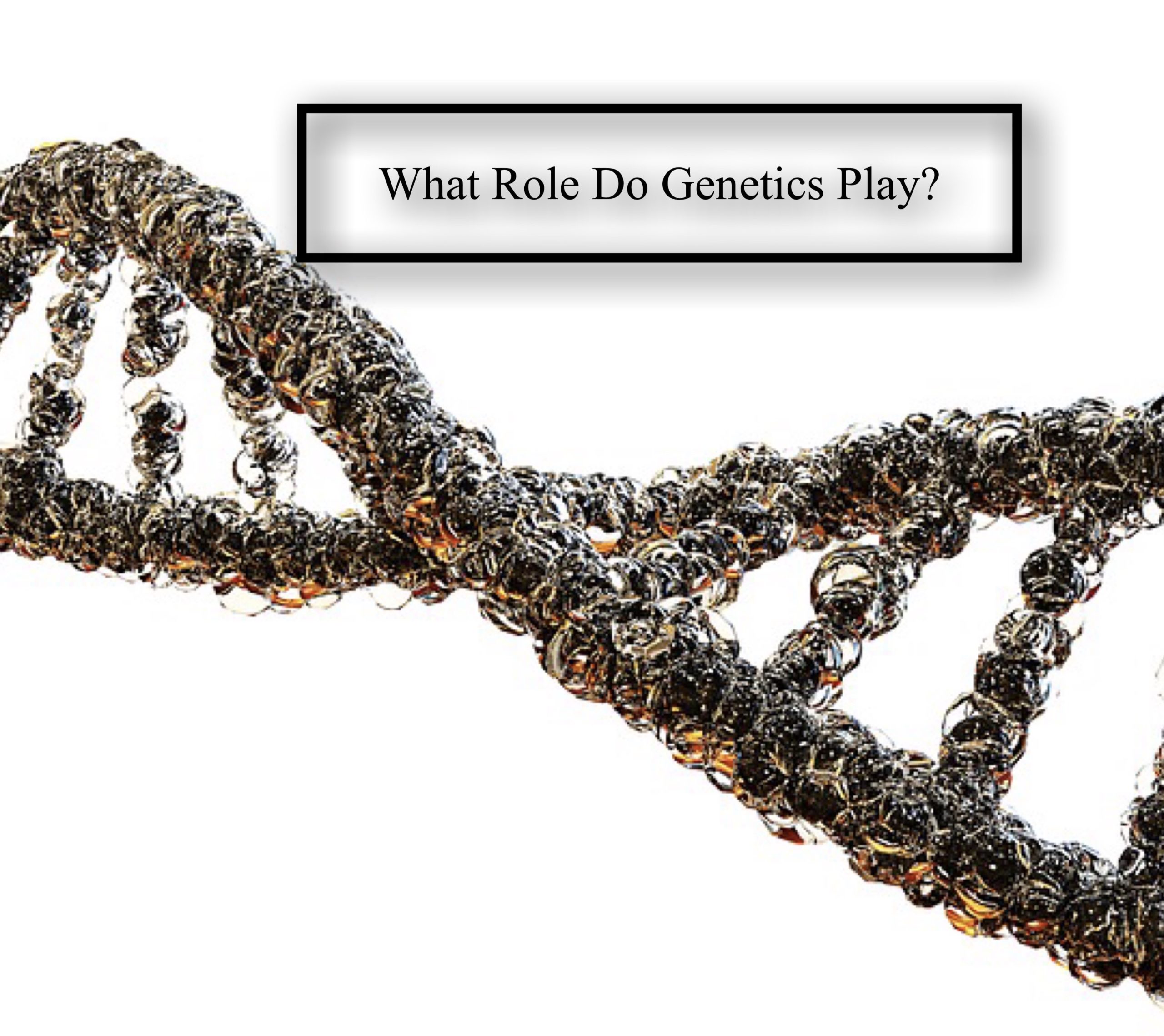
Genetics and Mental Health
Mental health disorders have multiple complex causes. Often there is not just one cause. It is still important to be mindful of all the factors that can impact us and our mental health. It is just as easy to blame genetics for our problems as it is to disregard its influence on our lives. The truth is that the interaction between our genes and who we are is very complex. The disease with the highest genetic predisposition is schizophrenia. If you have a close relative or parent with it you have a 50% chance of getting the disorder because of genetics. However the other 50% is greatly influenced by environmental factors in our lives. Most other mental health disorders are even less associated with genetics. It isn’t the end all be all.
Other common mental health disorders that we frequently think of as genetic are ADHD, autism spectrum disorder, bipolar disorder and clinical depression. Even for these many aspects are still being studied such as environmental factors, like prenatal influences. There are a lot of effective medications and therapies for these disorders to help people control their symptoms.
Certain substance use disorders are often thought to run in families as well. One of the most commonly thought of being alcohol use disorder. Studies show that our genes only partially account for our risk. The presences of other mental health disorders can often double our risk for developing a substance use disorder. In particular having clinical depression puts men and women alike at almost twice the risk of developing an alcohol use disorder. Multiple genes play a role in our risk for alcohol use disorder; from the genes that affect how our liver processes alcohol to genes that affect mental health. Some studies have shown that genetics can even affect the effectiveness of certain medications like naltrexone which is often used to help people with alcohol use disorder.
There are multiple treatments available for many of these mental health disorders. Just because we have a genetic predisposition doesn’t mean that we will develop it. Cognitive-behavioral therapy is available to help those suffering from all kinds of affective disorders like depression and bipolar disorder. Medications also help.
There are many different ways to combat mental health disorders and each patient is different. If you or someone you know is struggling with a mental health disorder, like depression or anxiety, please contact the professional team at Lifeline Connections. You can visit Lifelineconnections.org or call 360.397.8246 for more information.
